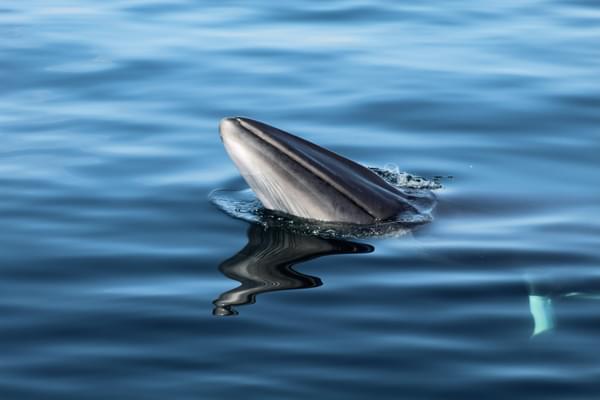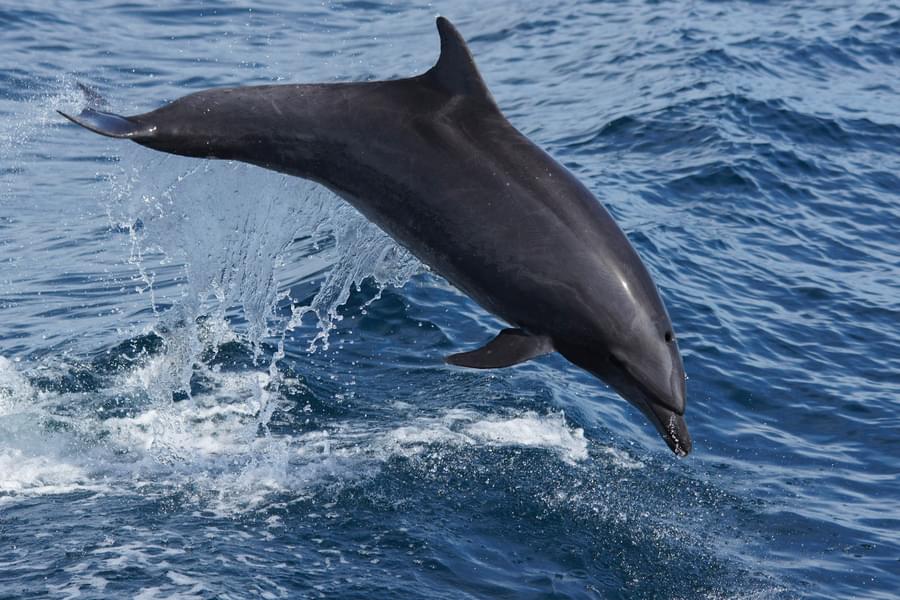Wildlife and Countryside Link's new Wildlife Crime Report has found that reports of wildlife crime levels have remained stubbornly high since a surge during the Covid-19 pandemic, with 4,735 incidents reported in 2023. One of the stand-out findings in the report is that expanded data collection on marine mammal disturbance has revealed a stark picture of marine wildlife disturbance across the country.
Data collected by local wildlife groups in Cornwall, Devon, Kent and Yorkshire is building a clearer picture on the extent of seals, whales and dolphins being disturbed by humans with severe risks to these marine mammals. 1,290 reports of disturbances were collected during 2023, impacting thousands of animals. This compares with 508 incidents in 2022. However because wildlife crime is not a notifiable offence, these disturbance reports are likely to represent a very small proportion of the actual number. Meanwhile only a tiny fraction of wildlife crime offences ever result in convictions.
Marine mammal disturbance has increased in recent years in some part due to a rise in the number of people participating in outdoor activities on or near the coast including walking, paddleboarding, kayaking and jet skiing, as well as wildlife tours and wild swimming. Marine experts are working to educate the public on how to enjoy our beaches and oceans without putting the welfare of marine wildlife at risk.
There were increased instances of persecution, harm or death being reported for badgers, bats and marine mammals in 2023. Yet convictions for wildlife crime remain shockingly few, with numbers at an all-time low when looking at all types of wildlife crime the report collects data on.

The only way we can protect whales and dolphins is by understanding their distribution, and so monitoring is vital for effective conservation. Donate today to help ORCA continue to identify and study important whale hotspots around the world by visiting www.orca.org.uk/donate

